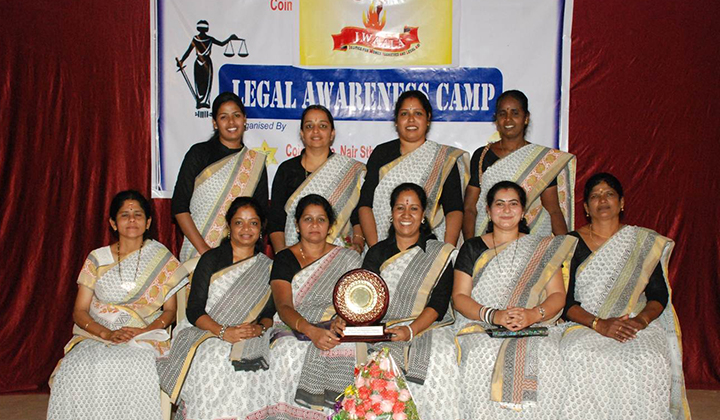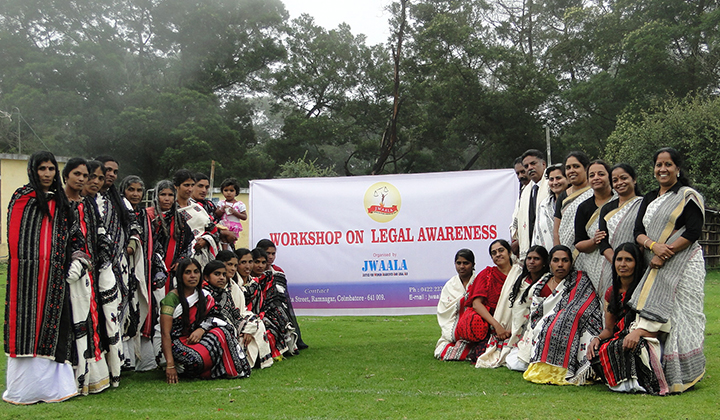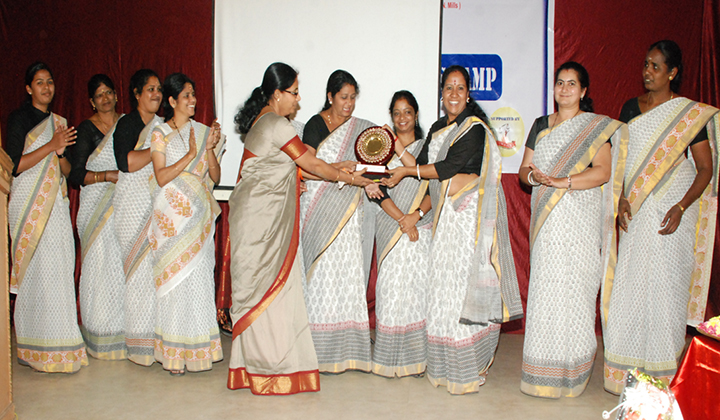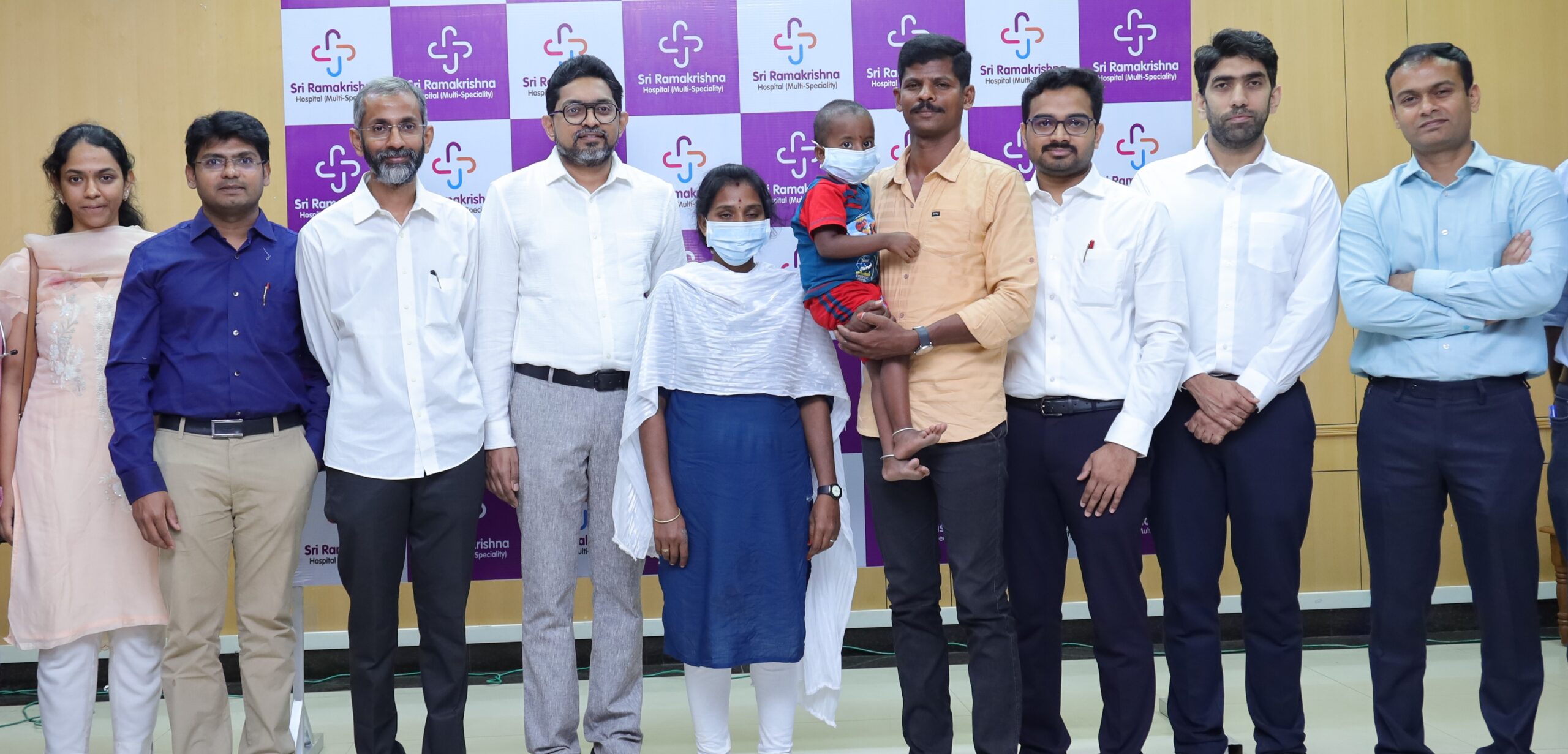Trending Now
- 830 voters names go missing in Kavundampalayam constituency
- If BJP comes to power we shall consider bringing back electoral bonds: Nirmala Sitaraman
- Monitoring at check posts between Kerala and TN intensified as bird flu gets virulent in Kerala
Coimbatore
Jwaala fighting for a workable law on harassment
![]() July 5, 2016
July 5, 2016
Legal dossiers that can probably be the first serious step towards restraining sexual harassment at workplaces are collecting dust at the office of an NGO in Ramnagar, Coimbatore.
Jwaala (Justice for Women Aggrieved and Legal Aid), which provides legal aid to victims of sexual harassment anywhere, and workplaces in particular has two battles to fight, now.
One is the battle against sexual harassment and the other to make the related law enacted in the interests of women, workable.
The Sexual Harassment of Women At Workplace (Prevention, Prohibition and Redressal) Act, 2013 has good intentions but toothless!
The bulky dossiers at Jwaala detailing four cases of sexual harassment at two educational institutions, one at a leading insurance company, and one at a chit firm, have not seen the light of the day.
“The organization concerned never acted upon our recommendations, which are based on a thorough inquiry,” said advocate Udaya Menon founder of Jwaala.
They are either expected to reject the findings with reasons or implement our recommendations, she said.
At this juncture, the complainant can file a case in the high court seeking implementation of the recommendation.
According to the Act, the aggrieved employees of a company that has less than 10 workers can approach the Local Complaint Committee (LCC) at the district level, which constitutes the social welfare department of the collectorate, whereas companies with a minimum number of 10 workers have to set up the Internal Complaints Committee (ICC) to look into cases of sexual harassment.
“For instance, after detailed inquiries and documenting the findings we recommend punishments ranging from apology and reprimand to suspension and termination of employment in addition to cuts in increments,” said Menon.
“It’s the employee’s right to a safe working environment free of any sort of disturbance.”
The Act will definitely help women who are in trouble if it’s implemented in letter and spirit, she said.
“We are ready to provide assistance and there are aggrieved women who are coming forward with their problems, but cases do not seem to reach a conclusion, said K Ambujam, advocate and secretary to Jwaala.
Menon, who had filed a Public Interest Litigation (PIL) at the high court in Chennai, seeking implementation of the provisions of the Act and according to the Vishaka guidelines (a case study that inspired the 2013 Act), said she was compelled to withdraw the petition on technical grounds.
To begin with, the advocates said the existence of ICC and LCC itself is not known to many organisations.
So Jwaala is working to make these committees visible, with their focus now directed at spreading awareness about the availability of such committees in organizations through various activities including workshops.
They are also imparting training to members of the committees who are mostly not equipped to handle investigations.
“Apart from all these, we are also taking statistics of how many organizations actually have set up these committees, which are mandatory as per law,” said Menon.
“Enforcement of this law is crucial,” they said.
It will be a fight to the finish to get this law up and running, and Jwaala is committed to work for this cause with the support of the government, legal bodies, public and organisations, Menon said.

























